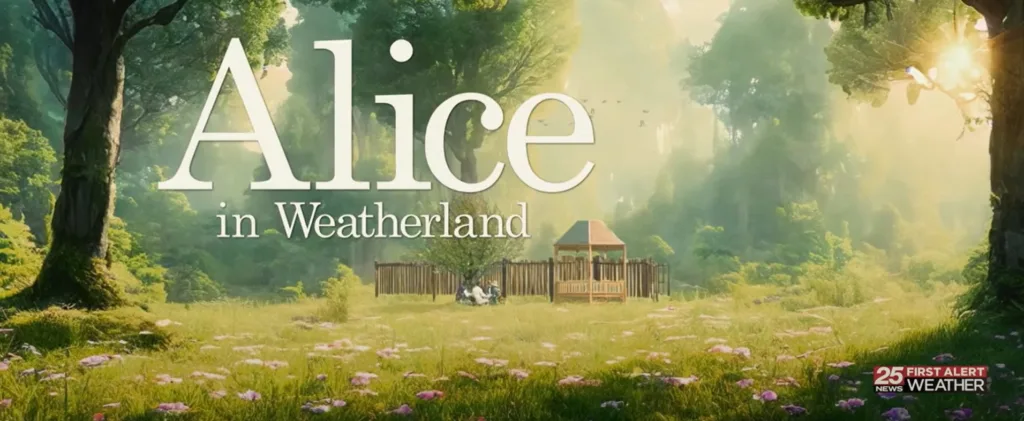
Now’s Not The Time For Copyright Overhaul
Former independent TV, Fox and Disney lobbyist Preston Padden plans to testify before the Senate Commerce Committee next Tuesday and what he will say will not sit well with his former broadcasting colleagues in Washington.
According to copies of his testimony he circulated this week, he will endorse legislation repealing the compulsory license, the bedrock of broadcasting and cable regulation since it became law in 1976, and retransmission consent, which is built upon the license.
Padden, who in his “retirement” is teaching law at the University of Colorado, sees the current compulsory license-retrans scheme as a legal Rube Goldberg contraption from a “dusty regulatory closet” that “performs simple tasks in indirect, convoluted ways.”
Broadcasters see it as gold. This year, it is expected to generate more than $2 billion to be split between stations and their networks. In their minds, tampering with it is absolutely anathema.
Without the Rube Goldberg contraption, Padden believes the smooth, efficient workings of the marketplace would take over and broadcasters would come out ahead. It sounds good, but he glosses over the disruption that repeal would cause and fails to acknowledge the possibility of unintended consequences that often arise from radical changes in long-established policies.
The compulsory license was a compromise that settled years of acrimonious debate between broadcasters and cable operators, whose entire business at the time was built on retransmitting broadcast signals.
The license allowed cable systems to retransmit broadcast signals for free without having to worry about all the copyright holders whose programs go into the broadcast signals. It also undergirded the must-carry requirement that said that cable systems must carry all local broadcast signals.
In 1988, Congress extended the compulsory license to satellite operators and, then, in 1992 it came up with retrans. TV stations dissatisfied with simply carriage could demand fees or other compensation from cable and satellite operators, otherwise known as multichannel video program distributors (MPVDs).
This four-decade accumulation of laws and attendant regulations is all unnecessary, Padden says in his testimony. Soon after the license became law, the first non-broadcast channels began to emerge, led by HBO and the likes of CNN, BET and ESPN.
These channels did not rely on a compulsory license. They were “rights aggregators.” The lined up all the performance rights for all their programs and then passed them along to cable operators who agreed to carry their channels, usually for a fee.
There are more than 500 such non-broadcast channels on cable and satellite systems today, Padden says. “The success of the marketplace ‘rights aggregator’ model in facilitating the distribution of the programs on non-broadcast channels demonstrates that there is no longer any need for government compulsory licensing of broadcast programming.
“Just like the non-broadcast channels, broadcast stations easily could aggregate the rights in the programs on their schedule and then negotiate with MVPDs.” Presumably, in the negotiations broadcasters could insist on the same payments that they are now getting from retransmission consent.
So if broadcasters end up in the same place as they are today, why should they bother with the regime change, suffer the disruption and risk those untended consequences?
For one thing, says Padden, broadcasters today can’t deal with online video distributors (OVDs), which Padden calls “the technology future of television and the hope of competitive options for consumers.”
The compulsory license does not cover OVDs and international treaties bar Congress from extending it to OVDs. So, he says, broadcasters who see the importance of getting their signals online — and OVDs themselves — are “simply out of luck.”
Getting rid of the license would prompt broadcasters to secure right for all media, Padden says. “Then all retransmitters — cable, satellite, telco and OVDs — could negotiate on a level playing field with the broadcasters.”
Padden ended his Washington career running the Washington office of the Walt Disney Co. Cynics might say that Padden is still carrying water for his former boss, that getting rid of the license is a way of getting the program producers deeper into the pockets of broadcasters.
Padden has heard this objection before and has an answer for them. [T]here is no objective basis to fear a ‘hold up’ over retransmission rights,” he says.
Rights holders do not squeeze non-broadcast channels because they need the channels to thrive as customers for their programs, he says. For the same reason, they won’t squeeze broadcast channels either.
“There is every reason to believe that program owners and broadcasters would adapt quickly to the marketplace negotiations that work so well today for 500-plus non-broadcast channels,” he says.
In theory, I think, most broadcast lobbyists and lawyer would agree with Padden. I do. Marketplace negotiations and private contracts could take the place of compulsory license and retransmission consent and they could provide a way for TV stations to get their signals online where they need to be.
And as Padden told me in a phone call today, the cable networks’ marketplace negotiations with MVPDs have yielded far more revenue that the broadcasters regulated negotiations with them. That is something for broadcasters to think about.
But look for broadcasters to vigorously defend the status quo. Right now, it is working for them. They are getting hefty retrans increases that are not only bolstering stations’ bottom lines, but also giving the broadcast networks the extra cash they need to hang on to pricey sports rights and otherwise remain dominant in primetime.
Despite Padden’s reassurances, it is impossible to say how things would settle out if Congress were to erase 36 years of regulatory history. Aggregating all the rights to all the programs may not go as easily as Padden suggests it would. Broadcasters could end up with less, not more.
If cable and satellite should succeed in their current campaign to diminish broadcasters’ retrans rights and slow the stream of retrans dollars, it might then make sense for broadcasters to consider radical alternatives like the one Padden proposes.
In the meantime, given what’s at stake and the uncertainly that accompanies major change, it’s probably better to have the discussion about repealing the compulsory license in front of law students rather than senators of the United States.
Harry A. Jessell is editor of TVNewsCheck. He can be contacted at 973-701-1067 or [email protected]. You can read earlier columns here.




































Comments (0)